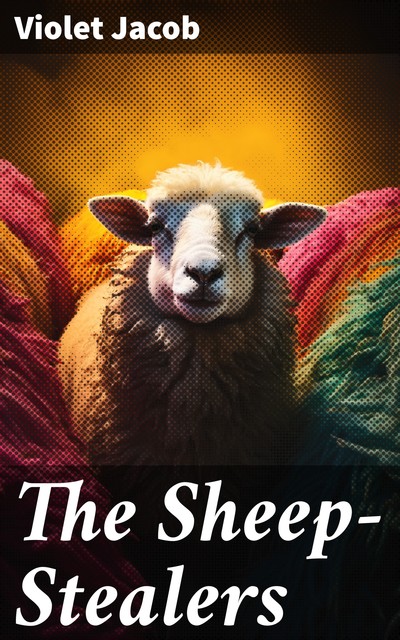Vi bruger cookies til at forbedre Bookmate-webstedsoplevelsen og vores anbefalinger.
For at få mere at vide, skal du læse vores cookiepolitik.
For at få mere at vide, skal du læse vores cookiepolitik.
Accepter alle cookies
Cookie-indstillinger
Noget gik galt. Prøv igen.
Violet Jacob
The Sheep-Stealers
Vurdering
Føj til hylde
Har allerede læst
Rapportér en fejl i denne bog
Del
Facebook
Twitter
Kopier link
In “The Sheep-Stealers,” Violet Jacob weaves a poignant narrative centered around the lives of Scottish Highlanders during the tumultuous 18th century. Utilizing a lyrical, yet accessible literary style, Jacob intricately portrays themes of identity, displacement, and the moral dilemmas faced by a close-knit community in the aftermath of the Highland clearances. The novel's rich evocation of the Scottish landscape and its deep-rooted cultural traditions highlights the struggles of a people clinging to their past while contending with the encroaching modern world. Jacob's skilled characterization allows readers to feel the weight of their choices and the ripple effects on their shared lives, making the story both a personal and collective saga. Violet Jacob, a Scottish poet and novelist born in 1863, was profoundly influenced by her Highland heritage and the experiences of her ancestors. Growing up amidst the remnants of a society forever altered by political and social upheaval, Jacob's writing encapsulates both a nostalgia for a fading way of life and a critical examination of its realities. Her personal connections to the Highland community deepen the authenticity of her storytelling, as she navigates the intersection of tradition and change in her work. “The Sheep-Stealers” is a compelling read that offers a window into the heart of Scottish culture and resilience. Ideal for those interested in historical fiction or the interplay between personal identity and social upheaval, Jacob's novel invites readers to engage with a beautifully rendered world that is at once specific in its context and universal in its themes. This book is a must-read for anyone seeking a profound exploration of heritage and belonging.
mere
371 trykte sider
- Copyrightindehaver
- Bookwire
- Oprindeligt udgivet
- 2023
- Udgivelsesår
- 2023
- Forlag
- Good Press
Har du allerede læst den? Hvad synes du om den?
👍👎
fb2epub
Træk og slip dine filer
(ikke mere end 5 ad gangen)


